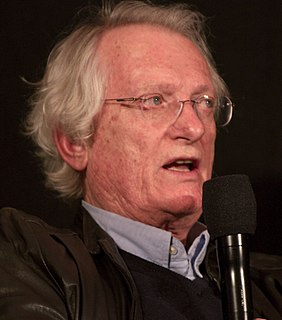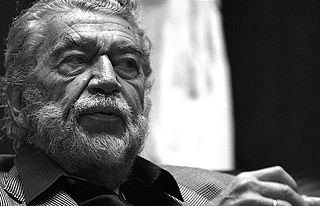A Quote by Teju Cole
The Australian Gerald Murnane, a genius on the level of Beckett, is known in Australia and Sweden but almost nowhere else. And I loved Reality Hunger, David Shields' recent novel take on the art of the novel.
Related Quotes
I'm grateful for the likes of Kundera, Murnane, Markson, Berger, and, in his recent work, Coetzee. But no matter how celebrated they are, critics still consider them askance. Elizabeth Costello, for example, is a great novel, but it got quite a critical panning when it was published. The complaint was that it was simply a book of speeches, without the machinery of conventional fiction. Markson's books are compilations of facts and alleged facts, very artfully.
Well, people have been wondering what's going to happen to the novel for two hundred years; its death has been announced many times. You know, I think the novel keeps redefining the world we live in. What you should look for in a novel is a window nobody else is looking out of, that nobody else can look through. What you look for is a voice. You pick up a novel by someone such as Faulkner or Hemingway and you just read three pages and you know who wrote it. And that's what one should demand of a novelist.
The art of the novel, however, has fallen into such a state of stagnation - a lassitude acknowledged and discussed by the whole of critical opinion - that it is hard to imagine such an art can survive for long without some radical change. To many, the solution seems simple enough: such a change being impossible, the art of the novel is dying.





































